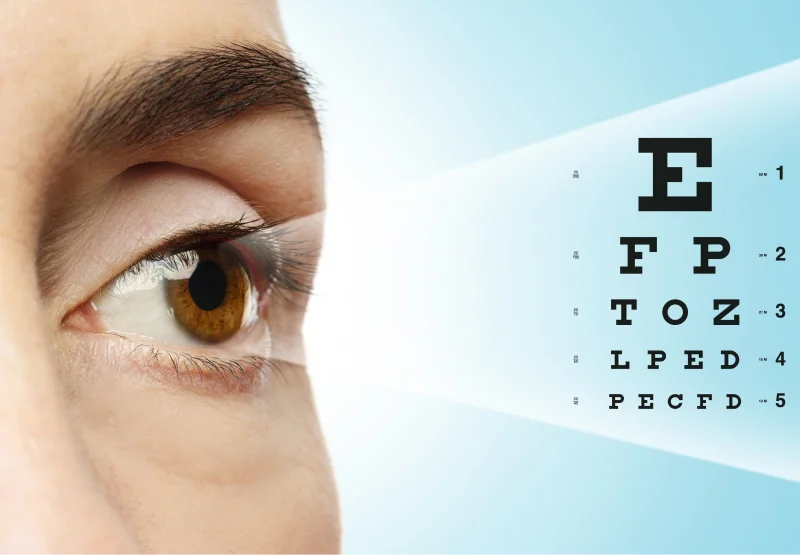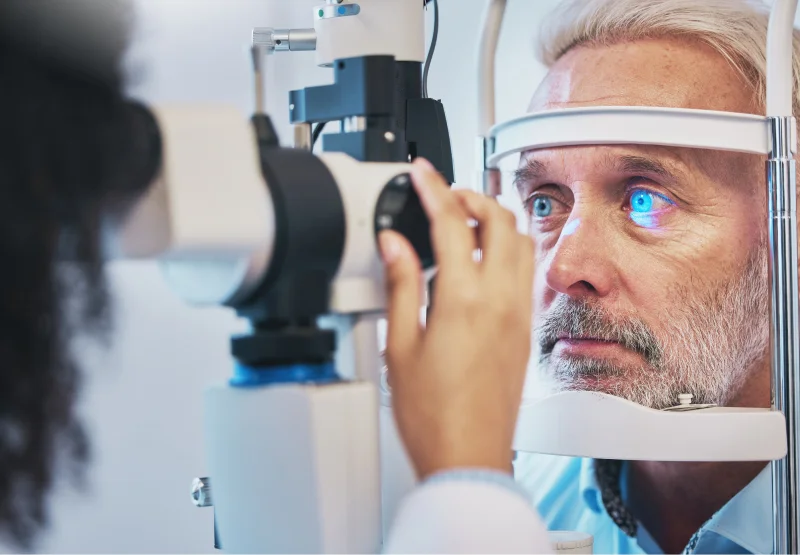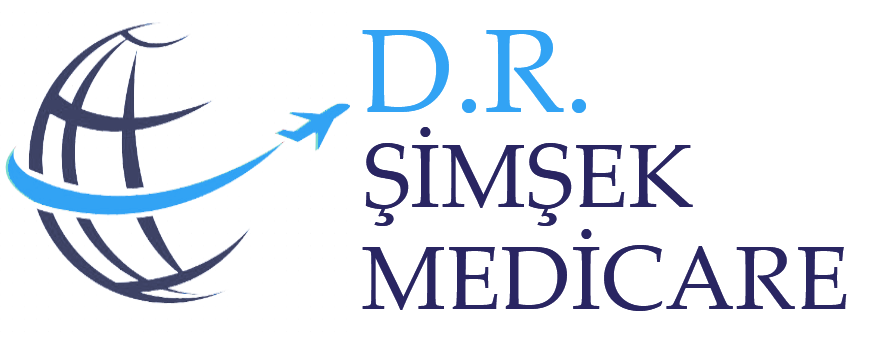General Eye Examination: Protecting Your Vision Health and Early Detection
A general eye examination is an important health check to assess visual health and detect potential eye problems at an early stage. Regular eye examinations both protect the quality of vision and help prevent the progression of some eye diseases.
Objectives of General Eye Examination
- Assessment of Visual Quality:
- An eye examination helps to identify vision problems at far and near distances.
- Detection of Possible Eye Diseases:
- Determining the need for glasses or contact lenses, diagnosing refractive errors such as astigmatism, hyperopia, myopia.
- Detection of Eye Diseases such as Glaucoma and Dry Eye:
- Intraocular pressure measurements and evaluation of the ocular surface are important for early diagnosis of diseases such as glaucoma.
- Control of Cataract and Other Eye Diseases:
- Early detection of age-related eye diseases, especially cataracts.
Tests Applied in General Eye Examination
Tests Applied in General Eye Examination
- Visual Acuity Test (Snellen Test):
- It is used to assess visual acuity at near and far distances.
- Reflection Tests:
- These are tests performed by dilating the pupil for eye defects (myopia, hyperopia, astigmatism).
- Ophthalmoscopy:
- It is a lighting technique used to assess the condition of the inner eye, retina, optic nerve and lens.
- Eye Pressure (Intraocular Pressure) Measurement:
- Intraocular pressure is measured for early diagnosis of glaucoma.
- Dry Eye Test:
- It is done to identify dryness on the surface of the eye and the source of this problem.


Benefits of a General Eye Examination
- Early Diagnosis and Treatment:
- Detecting eye diseases in the early stages makes treatment options more effective.
- Protecting the Quality of Vision:
- Regular eye examinations prevent vision loss and improve quality of life.
- Early Intervention in Risk Groups:
- Eye examinations reduce the risks in groups such as those with a family history of eye disease, elderly individuals and diabetic patients.
- Determining the Need for Eyeglasses or Contact Lenses:
- By accurately determining the need for glasses or contact lenses, patients are ensured a comfortable vision.
For whom is a general eye examination recommended?
- Individuals aged 50 and over:
- The risk of diseases such as glaucoma and cataracts increases with age, and regular eye examinations are recommended.
- Family History of Eye Disease:
- Patients with genetic predispositions such as glaucoma, cataracts and diabetic retinopathy need regular eye examinations.
- Diabetes Patients:
- Diabetes can lead to retinal problems, so eye examinations are recommended at least once a year.
- People with Systemic Diseases:
- Hypertension, diabetes and other diseases can increase circulatory problems in the eye. For these reasons, regular examinations are necessary.
- People with Visual Impairment:
- An eye examination should be performed for complaints such as visual acuity problems, headaches and blurred vision.
01
How often should a general eye examination be performed?
Individuals between the ages of 18-40 should have an eye examination every 1-2 years, and individuals aged 40 and over should have an eye examination once a year.
02
Is eye examination painful?
No, it is usually painless. Minimal discomfort may be experienced except with drops used to dilate the pupils.
03
Which diseases are detected in a general eye examination?
Eye defects such as glaucoma, cataracts, astigmatism, hyperopia, myopia and retinal problems can be detected.
Protect Your Vision Health with General Eye Examination
Eye health is an important issue that directly affects quality of life. Regular eye examinations provide early diagnosis and treatment, prevent the progression of eye diseases and ensure clear vision.
